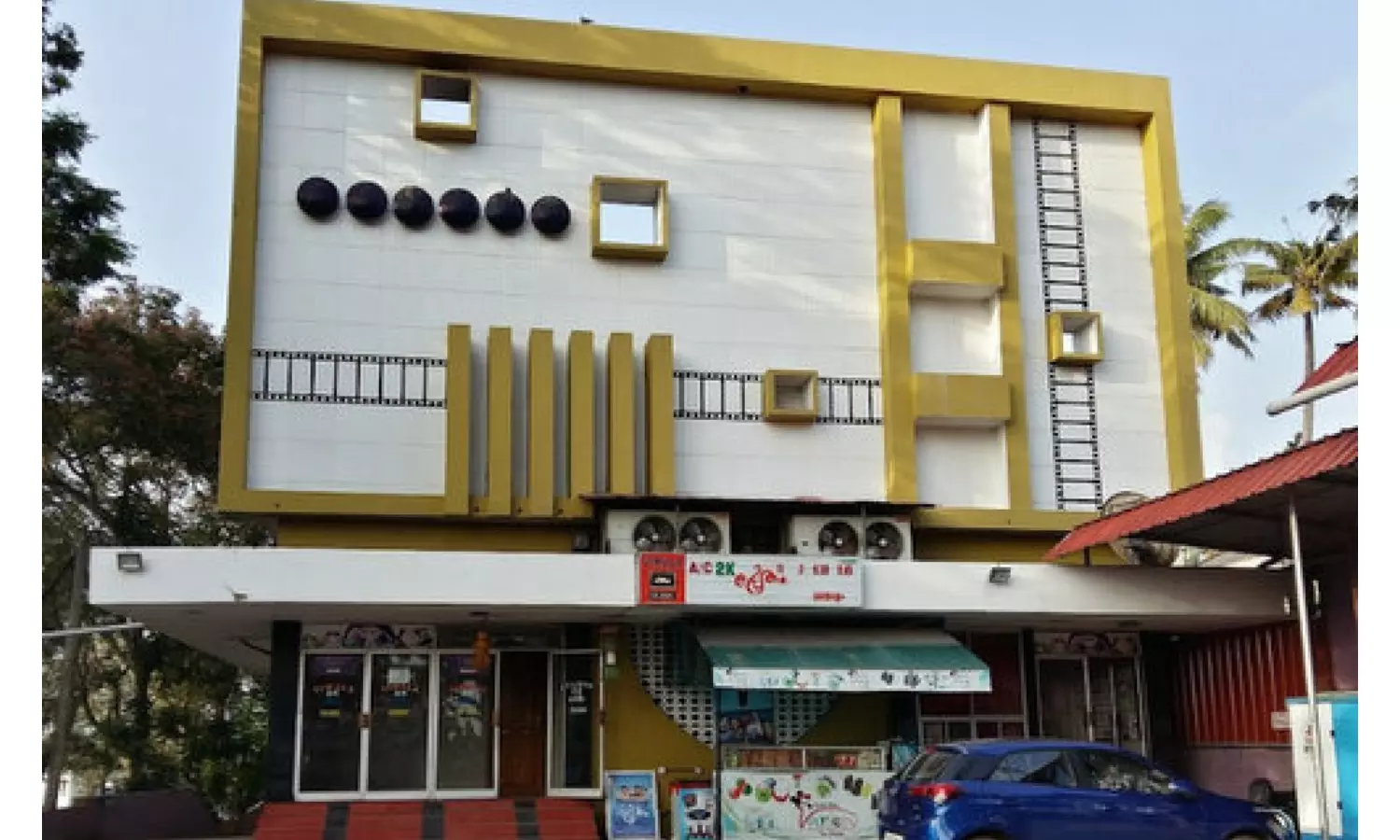Single Screens Call For Revenue Sharing Model, Following Multiplex Lead
“At a recent Telangana Film Chamber of Commerce meeting, exhibitors voiced strong dissatisfaction with the rental model and urged a transition to revenue sharing to ensure survival.”

In a bold move that could potentially revitalize over 1,500 struggling single-screen theatres in Telangana and Andhra Pradesh, exhibitors are now demanding a shift from the traditional rental system to a revenue-sharing model, similar to what multiplexes currently follow.
“This change could be a game-changer,” says an exhibitor, highlighting how declining footfalls and soaring ticket prices have pushed single-screen theatres to the brink. “At a recent Telangana Film Chamber of Commerce meeting, exhibitors voiced strong dissatisfaction with the rental model and urged a transition to revenue sharing to ensure survival.”
Traditionally, theatres are expected to run 24 shows per week. However, due to dwindling audiences, many have been forced to cut down to just 12–14 shows or shut operations entirely. "Most theatres are either running fewer shows or staying closed most of the time," the exhibitor added.
In East Godavari district, theatre owners have issued an ultimatum: unless new revenue-sharing agreements are established, theatres will shut down starting June 1. Exhibitors in Krishna and Guntur districts are also considering similar action. “This June 1 deadline is critical. Producers need to abandon the outdated rental model, where they walk away with most of the revenues while exhibitors shoulder the risk,” another exhibitor emphasized.
Madala Ramakrishna, a long-time exhibitor, argues this isn’t a radical idea but a proven one. “Multiplexes already follow a 50-50 revenue sharing model between themselves and distributors. We are simply asking for the same. With more than 1,300 single screens in the two Telugu states, which are vital for the film industry’s earnings, our demand is both fair and necessary,” he said.
Last year, around 400 theatres in Telangana shut down for 10 days beginning May 17, due to unsustainable losses. “Running a theatre has become a costly proposition,” said another exhibitor. “It costs Rs 12,000 to Rs 18,000 a day to run four shows, but we’re earning only Rs 3,000 to Rs 4,000. And from that, we still have to give the distributor their share. We’re stuck in a cycle of losses—losing Rs 4,000 daily when closed and Rs 6,000 when open. This is why we are advocating for a revenue-sharing model.”
Another meeting is planned with leading producers on June 13, and exhibitors are determined to push their demand and producers could come around, since theatrical business remains a big source of income, despite digital and Hindi dubbing rights.

